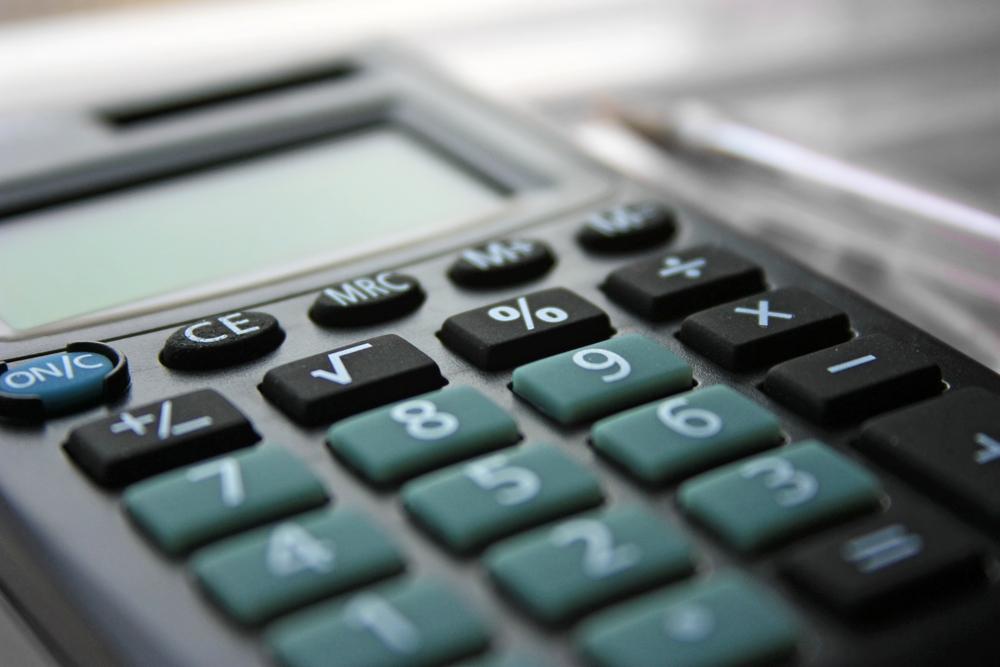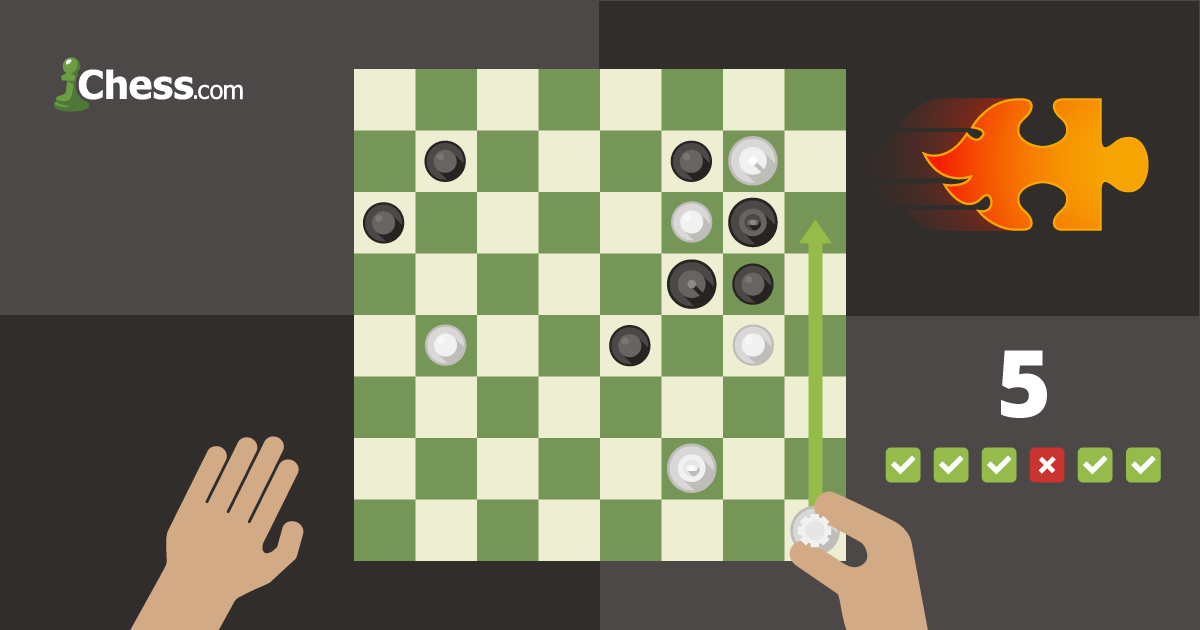
How To Calculate In Chess
I bet you've heard the cliche that "chess is 99 percent tactics" thousands of times.
While it is greatly overused and exaggerated to some degree, overall it is correct. The enormous strength of modern computers is based on their unmatched ability to calculate.
Naturally, if you want to get better in chess, you need to improve your calculation skills. Here at Chess.com you can find a variety of useful tools that will help you to achieve your goal. I would recommend to start with lessons, where you can find learning material that will match your level from very basic checkmates to advanced tactics.
The very popular Puzzle Rush will let to check how well you learned from the lessons. Just be careful—Puzzle Rush can be very addictive.
As a practical player, you can encounter one problem, though. Most of the tactical puzzles have a clear, definite result. Like "check, check, checkmate," or "capture, capture, win a piece."
Meanwhile, in regular games, most calculations lead to less definite results. For example, you can execute a four-move forced line with a sacrifice that would lead just to a promising attacking position. So, should you go there? It is great if you are a genius, like Mikhail Tal, who used to say "you sacrifice first, then calculate"—but what if you are mortal, like most of us?
Here I can suggest a simple exercise that can help you improve your calculations in situations when the final result of calculations is not clear.
Get any book of selected games of a great player and when you see a diagram in the middle of a sharp, tactical game, try to guess which move or variation was played in the game. The beauty of this exercise is that you actually don't know if there is a winning shot in that position, or just a quiet move bringing another piece into the attack.
This is exactly the problem that we encounter in our games when nobody can tell us "look, there is a combination over there," or "before the final shot, you need to bring more firepower." We are completely on our own.
Let me provide an example, using the wonderful book that I discussed in my last article.
This is a diagrammed position. Reuben Fine even gives you a hint in his comments:
White has a strong attack, but how shall he continue?
It is easy to see that if we manage to get rid of the knight on h5, then the game will be over due to Qh8 checkmate. How can we achieve this goal? The natural 26.Ng3? fails due to 26... Rxc3 and if 26. Nf4, then Black can capture the bishop by 26...Nxf6.
Do you have any ideas?
If this variation looks too good to be true, it is! Black has a nice defensive move: 27...Kg7! How would you continue the attack in this case? Fine found a very elaborate way and finished the game in style:
White's play looks very beautiful and convincing, but unfortunately, it doesn't really work since Black had a beautiful defense. Can you find it?
As you could see, Fine didn't find the best way to continue the attack. Can you play better than him?
If you work with a grandmaster's games this way, you'll see significant progress in your calculation ability pretty quickly.







